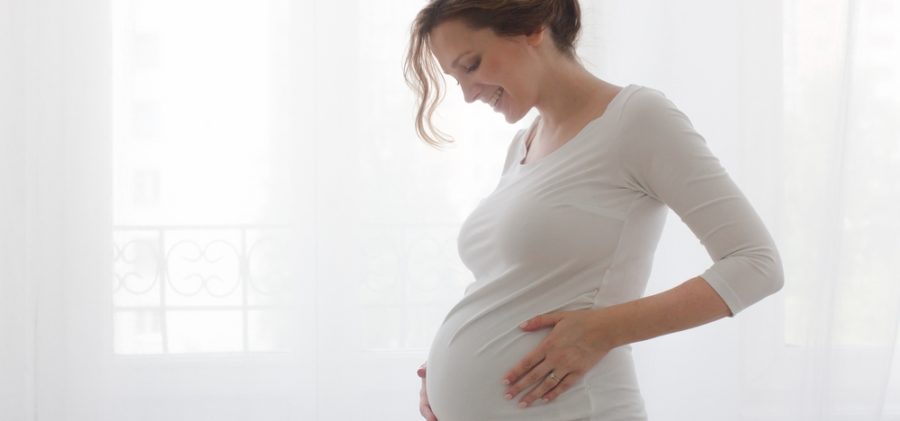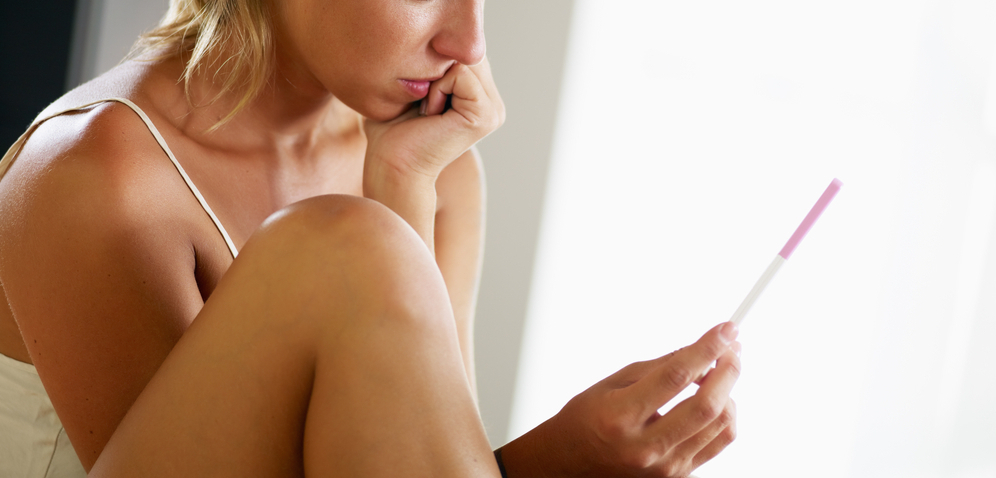The ovarian reserve indicates the number of available eggs in every woman lifetime and marks the state of her fertility. A good ovarian reserve implies higher chances of achieving the pregnancy. In case of a woman with a low ovarian reserve, it may be necessary using the assisted reproduction if she wants to become a mother.
In addition to a good sperm quality, it is also necessary a good ovarian reserve to get pregnant naturally. It is believed that as well as the woman has her menstrual period, she can get pregnant. However, this is quite far from reality: female fertility decreases progressively with age. At 25 years old, probability is around 25% per month and from 35 it is less than 15%. This reduction is due to low ovarian reserve and decreased oocyte quality.
What is the ovarian reserve?
The ovarian reserve is the number of eggs contained in the woman’s ovaries at a specific time, which are capable of maturing, ovulating and being fertilized. The woman is born with an amount of one million oocytes approximately. During puberty, this amount is reduced to approximately 400,000 or 500,000 eggs since in each menstrual cycle a thousand of them are lost.
Biologically, female fertility remains the same until the age of 27, from then on it begins to decrease. After 35 years of age, the quality and oocyte quantity drops drastically. When the woman turns 40, her ovarian reserve begins to be compromised until it is completely exhausted (between 45 and 55 years old).
Egg freezing challenges the biological clock
In some cases, the decrease of oocytes in quantity and quality occurs earlier than expected, which is known as early menopause. In case the woman wants to fulfill her desire to become a mother, she will need to have her ovarian reserve checked to decide if it is possible postponing her motherhood after the age of 35.
When the woman decides to delay this experience for other reasons, the egg freezing is the best alternative to achieve and plan it as soon as she is ready. With this treatment, the chances of having a healthy child increase, since the eggs preserve their quality and therefore do not age; this entails a lower percentage of chromosomal alterations in the fetus.
Causes of low ovarian reserve
As previously explained, the female age is the most important factor affecting the ovarian reserve. As the woman ages, there is a lower quantity and quality in her oocytes. Additionally, there are certain factors that can negatively influence the ovarian reserve and female fertility, which can be the cause of an early menopause or premature ovarian failure.
The alterations that can affect the ovarian reserve are: chemotherapy and radiotherapy, stress, obesity, environmental contamination and certain diseases such as endometriosis.








